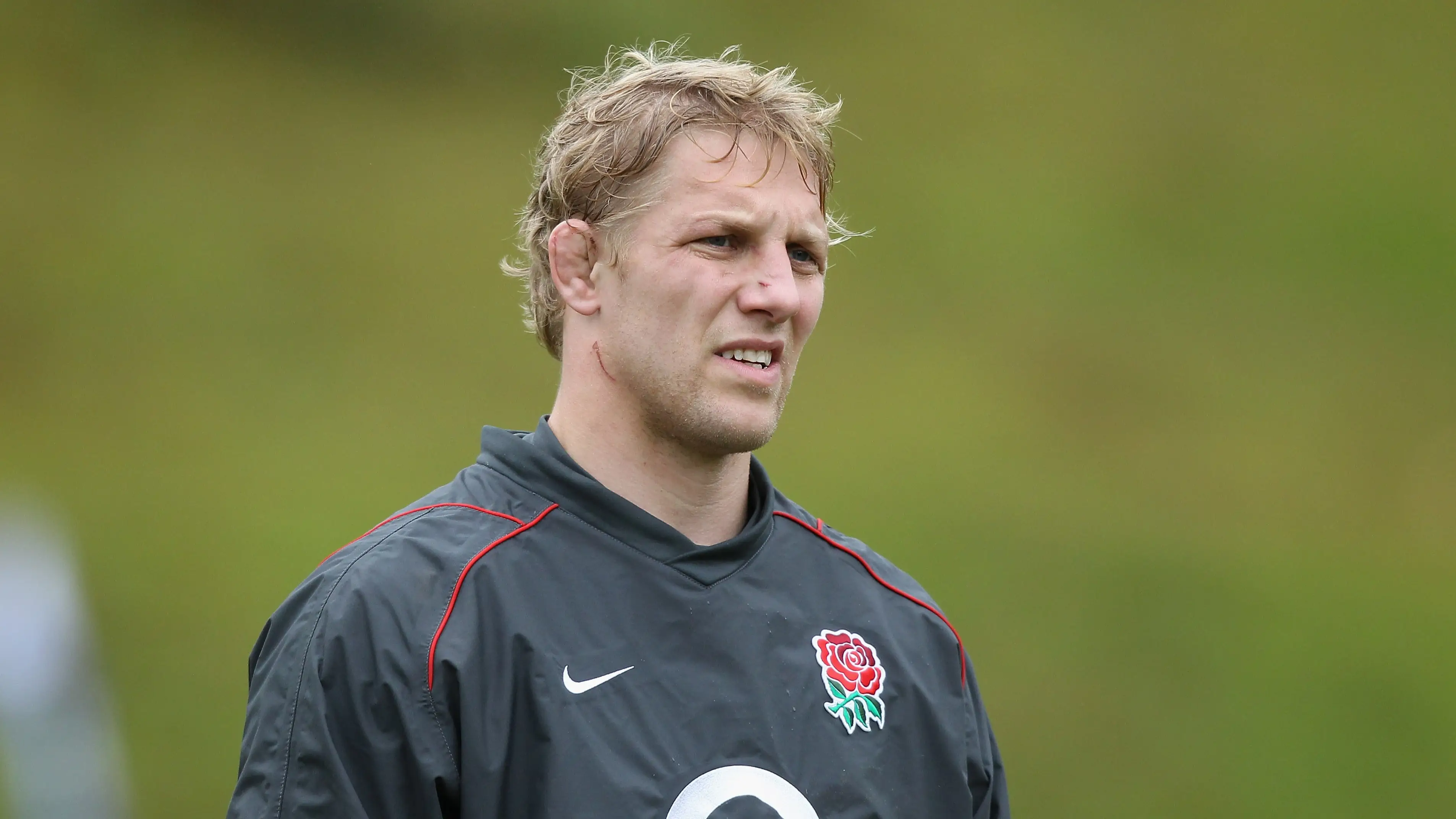
A leading neurologist has revealed a possible link between repeated strenuous activity with an increased risk of developing motor neurone disease, following former England rugby captain Lewis Moody's shock diagnosis.
Professor Dame Pamela Shaw, a leading British neurologist, has praised Moody in being so forthcoming about being diagnosed with the condition at the age of 47.
Speaking on The Sports Agents podcast, Professor Shaw addressed why it seems like so many incredibly fit and healthy are developing MND, the condition which claimed the life of fellow rugby legend Rob Burrow. She suggested that there could even be a link between MND and people who undertake more than 12 hours of strenuous physical exercise every week.
“I've always been struck as an MND neurologist, that MND tends to happen to people who are fit and active, whether professional sports people or little old ladies that walk their dog five miles every day,” she said.
Advert

"So, it very rarely happens to people that lead a sedentary lifestyle… The studies that we've done do indicate that there is a link, particularly in men rather than ladies. But it's complicated, because clearly exercise is usually a good thing for you."
When asked exactly what she means by strenuous activity, Professor Shaw said it refers to people who push the limits of their motor system for more than 12 hours a week.
“We've defined it in our studies as more than 12 hours a week of vigorous clinical activity,” she continued. “It seems to be, you know, I think really pushing your motor system. So, strenuous training every day, that sort of thing. I think a normal sort of exercise that people do probably isn't a risk factor.”
However, the MND expert was quick point out that this link should never serve as a reason for people not to exercise and live a healthy lifestyle, particularly as genetic factors also play a role.
“Most athletes don't develop MND. We're very cautious and careful about it, because we don't want to dissuade people from doing healthy levels of exercise which are protective against many different diseases,” she explained.

“But I do think there is a link, but it's not just the strenuous physical activity. It must be something to do with the genetic makeup of a person.”
Earlier this week, Moody appeared on BBC Breakfast where he shared his shock at being diagnosed with MND after experiencing what he believed to be a shoulder injury.
The former rugby captain started physiotherapy for a weakness in his shoulder, however when his symptoms didn't improve, a series of scans revealed his brain and spinal cord had been damaged by MND.
If you experience any of the symptoms associated with MND, which include struggles walking, difficulty breathing and an excess of saliva, reach out to your GP for support and if you need any advice regarding MND symptoms specifically you can contact the MND Connect Helpline on 0808 802 6262, available Monday to Friday between 9am - 4pm.
